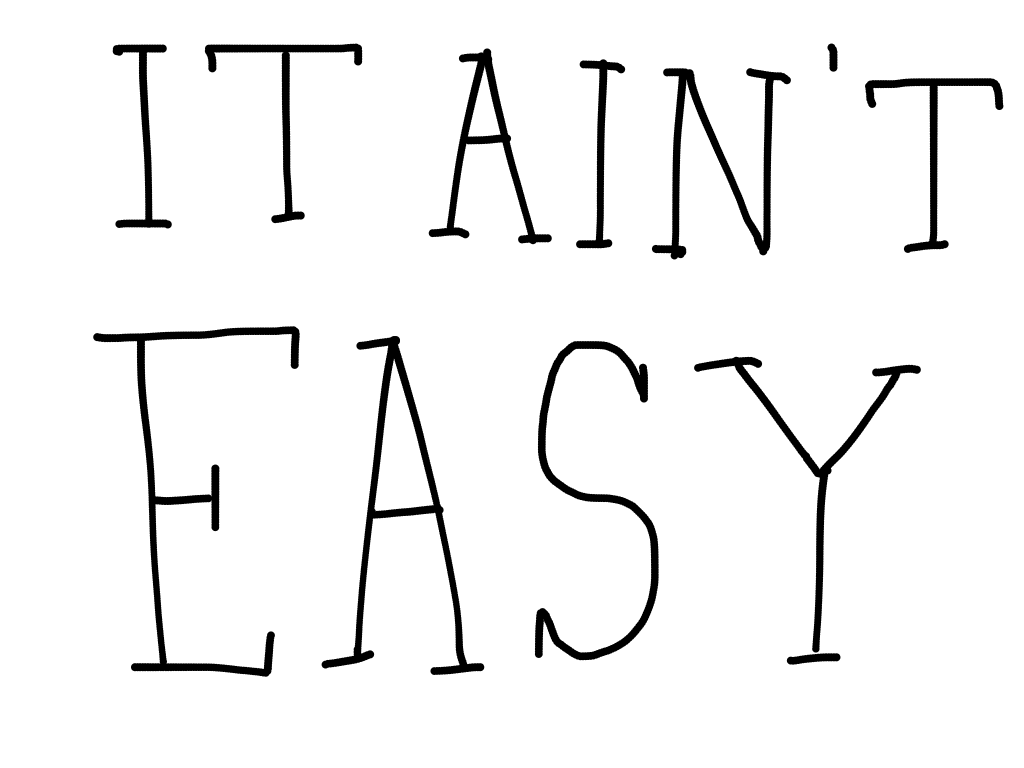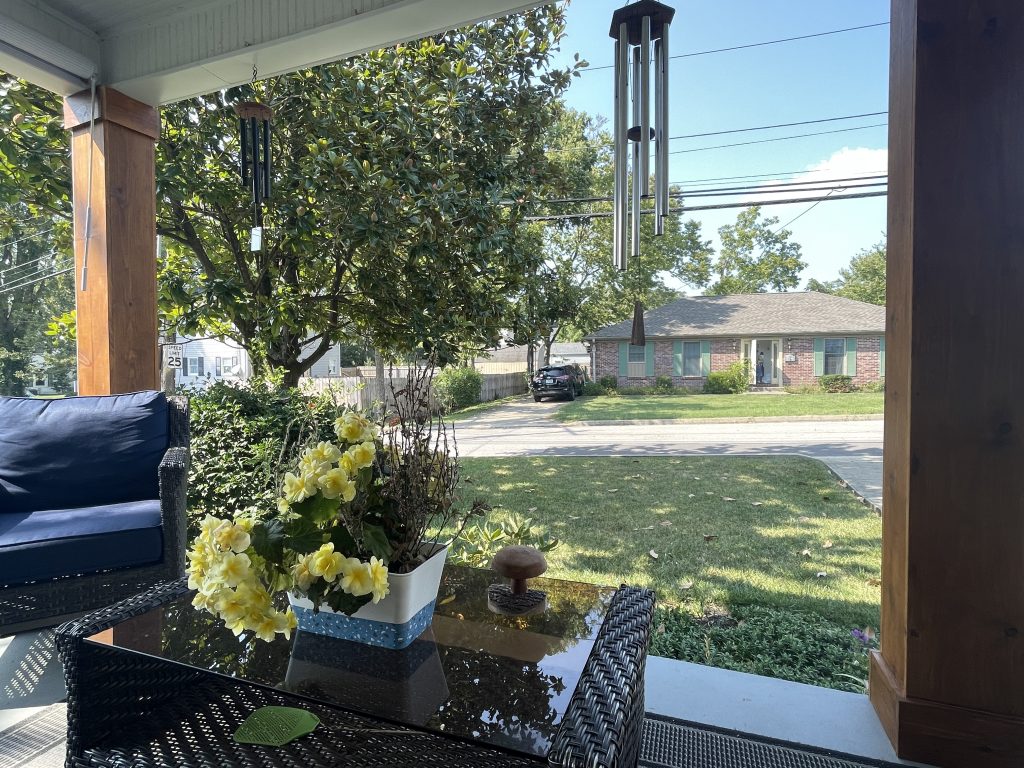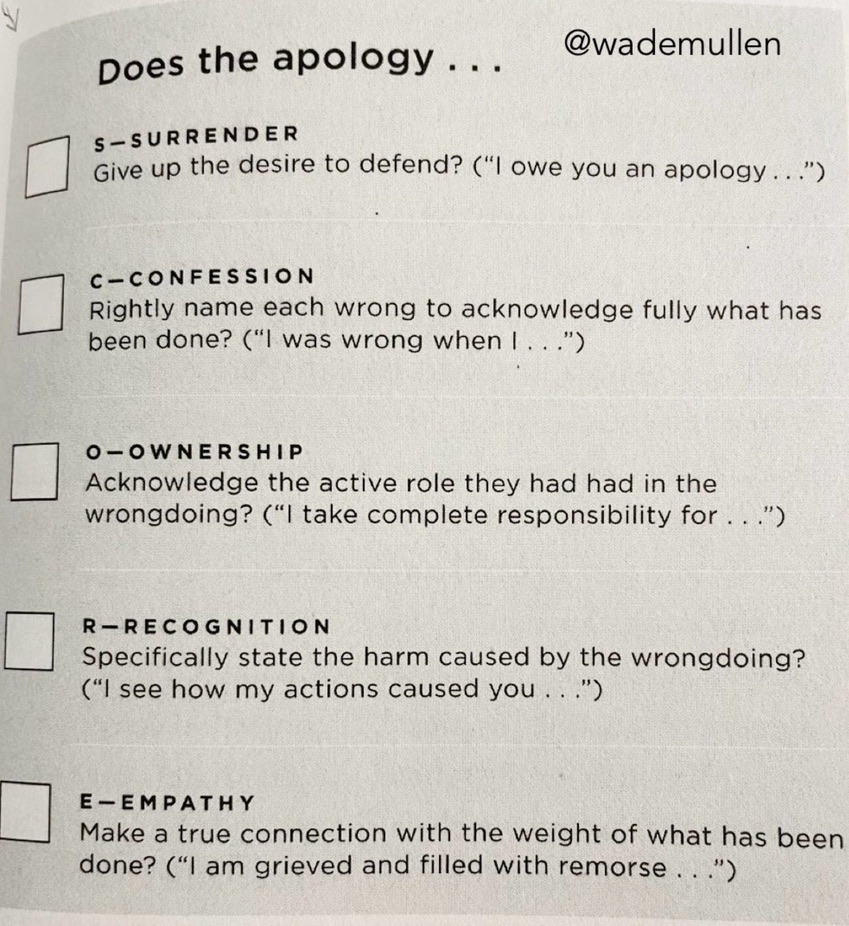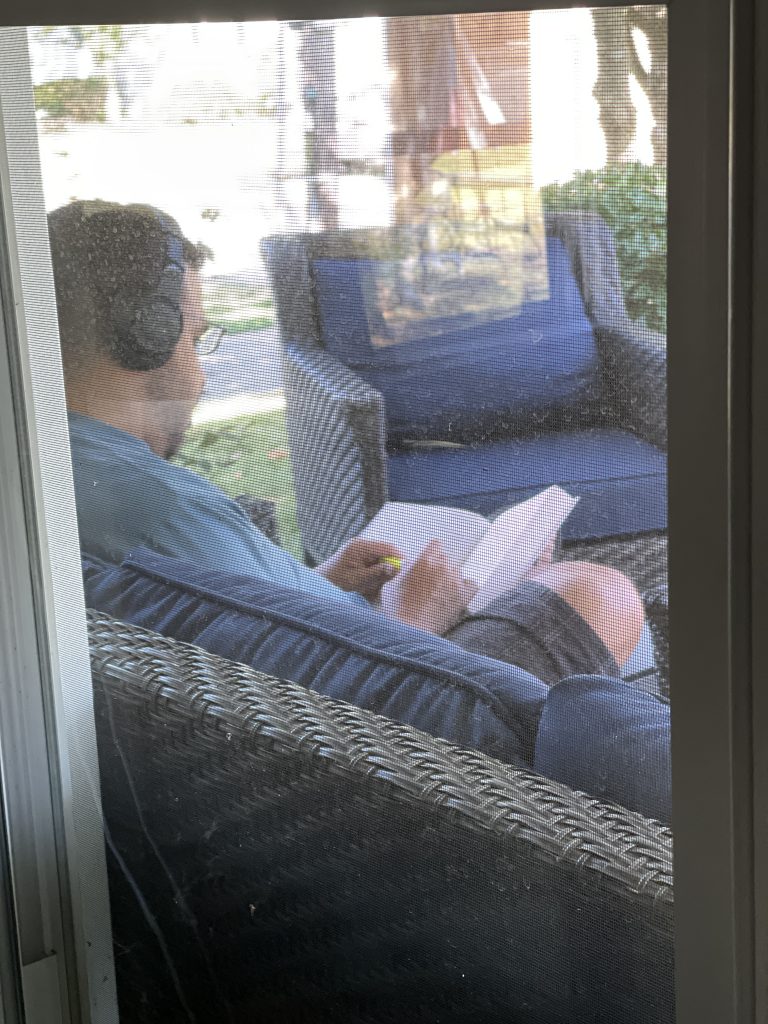
There are three kinds of men: The ones that learn by reading. The few who learn by observation.
The rest of them have to pee on the electric fence and find out for themselves.
Overwhelmed…
It seems to me (and I may be wrong) that while in the Garden of Gethsemane, that Jesus was at least momentarily overwhelmed by what the Father would require of Him soon thereafter… overwhelmed to the point of asking if there were any other way to accomplish the will and work of God. How much more will fallen creatures like ourselves be overwhelmed by what life throws at us? Prayer…it seems to me…is asking God if there is any other way than the one that we see…and neither the emotions, nor the questions are sinful…
Phoenix Preacher
Name calling
…calling someone a ‘snowflake’ or an ‘alt-right troll’. It is a means to dismiss their ideas, without engaging in any meaningful way.
Calling someone a heretic or name often kills that conversation of discernment before it begins. We should seek to learn to listen, exhort, and challenge in ways that grant our conversation partners dignity and worth. Is this more work and less glamorous than name-calling? It certainly is. Does it lead to better unity and conceptions of the truth? I sure hope so.
Adam Renberg
Love and Power
Both love and power are necessary building blocks of God’s peaceful realm on earth. Love utterly redefines the nature of power. Power without love is mere brutality (even in the church), and love without power is only the sentimentality of individual lives disconnected from the Whole. The gospel in its fullness holds love and power together, creating new hope and healing for the world.
Richard Rohr
Path to knowledge of God
A path for the knowledge of God.
This is something regardless of your age, young or old, this is the path—Pay attention to your questions— On this path you become far more aware of what you don’t know. Knowing what your questions are, you become far more aware of the things you don’t know.
It is then, the things you think you know, and things that are merely information fade away. They weren’t my questions .
adapted from Fr Stephen Freeman
Hope
Hope is not imaginary or illusory. It is that sonar by which the body of Christ holds together and finds its way. If we, as living members of the body of Christ, can surrender our hearts … and listen for that sonar with all we are worth, it will again guide us, both individually and corporately, to the future for which we are intended. And the body of Christ will live, and thrive, and hold us tenderly in belonging.
Cynthia Bourgealt
God’s Existence
…make a distinction between God’s existence and God’s essence. People often miss this hugely important point. True, we might make an argument for God’s existence, but that is a very thin claim. That God exists we might get our head around, but What God is and How God is, well, about such matters we have no clue.
…the name “God” functions as a cipher, a word that points toward a mystery. We name the Source and Origin of the cosmos “God,” but we really have no idea what we’re talking about, what the word “God” actually names or means.
The human mind follows its innate metaphysical curiosity to the edge of the cosmos. And at that edge our minds stare into the Beyond. We know that the universe cannot be its own explanation. Why does it exist? How does it exist? We don’t really know, but the word “God” points toward that Mystery.
Source unidentified
THREE THINGS FOR YOU TO THINK ABOUT
Haters occur in proportion to admiration. Doing anything notable will generate both positive and negative reactions of similar intensity.
It’s impossible to be a life-changing presence to some people without simultaneously being a complete joke to others.
The best response to hate is to simply improve yourself so much that the hater’s criticisms become self-evidently false and empty. The best revenge is to be so undeniably good that there’s no need to ever respond.
Mark Manson
Restorer
If you remove the yoke from among you, the accusing finger, and malicious speech;
If you lavish your food on the hungry and satisfy the afflicted;
Then your light shall rise in the darkness, and your gloom shall become like midday….
“Repairer of the breach,” they shall call you,
“Restorer of ruined dwellings.” —Isaiah 58:9–10, 12
Richard Rohr
When I’m wrong
Even with the desire to be both biblical and rational in my thinking, there will be times when I’m wrong about the conclusions I come to…I do not fear or avoid this reality…I invite it as I’ll be wiser for the correction…
Phoenix Preacher

View from the Front Porch
TREES IN WINTER
Anne Lamott
..the moment I walk in and smell those old people again, and find them parked in the hallways like so many cars abandoned by the side of the road, I start begging God not to let me end up like this. But God is not a short-order cook, and these people were once my age. I bet they used to beg God not to let them end up as they have.
…I struggled to find meaning in their bleak existence. What finally helped was an image from a medieval monk, Brother Lawrence, who saw all of us as trees in winter, with little to give, stripped of leaves and color and growth, whom God loves unconditionally anyway. My priest friend Margaret, who works with the aged and who shared this image with me, wanted me to see that even though these old people are no longer useful in any traditional meaning of the word, they are there to be loved unconditionally, like trees in the winter.
Dying people can teach us this most directly. Often the attributes that define them drop away—the hair, the shape, the skills, the cleverness. And then it turns out that the packaging is not who that person has really been all along. Without the package, another sort of beauty shines through.
STIIL ON THE JOURNEY



